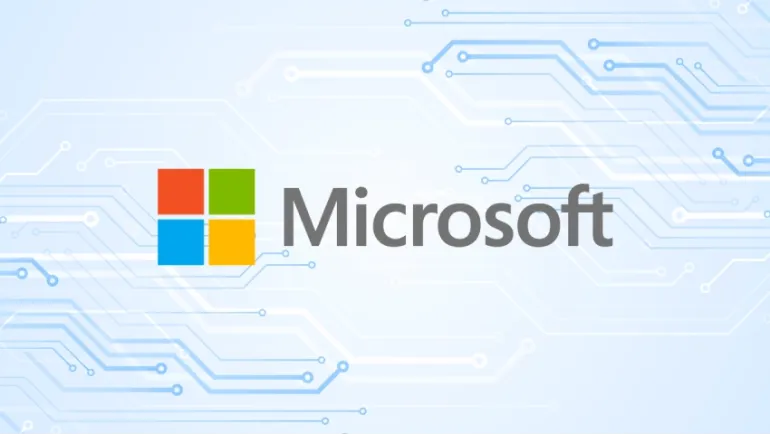
Microsoft has always been at the forefront of technological advancements, and its latest breakthrough in artificial intelligence (AI) is set to revolutionize the gaming industry. The tech giant is developing an advanced AI model specifically designed for video games, aiming to enhance gameplay, create more immersive experiences, and streamline game development. This move marks a significant step toward the future of intelligent, responsive, and adaptive gaming environments.
AI has been an integral part of video games for decades, powering non-playable characters (NPCs), procedural generation, and decision-making processes. However, Microsoft's new AI model takes these functionalities to a whole new level by incorporating deep learning, reinforcement learning, and natural language processing.
Traditionally, NPCs in video games operate based on pre-programmed behavior and scripted actions. Microsoft's AI model, however, enables NPCs to exhibit more human-like behavior by analyzing player choices, learning from interactions, and dynamically adjusting their responses. This leads to richer storytelling and more engaging in-game experiences.
Game developers often face challenges in designing levels, balancing game mechanics, and debugging complex code. Microsoft's AI-driven tools assist developers by automating certain aspects of game creation. For instance, AI can generate vast open worlds, optimize difficulty levels, and even identify potential design flaws before release, significantly reducing development time and costs.
With AI-driven analytics, video games can now adapt to individual player preferences, offering a tailored experience based on skill level, playing style, and in-game decisions. This technology ensures that players remain engaged and challenged, enhancing their overall gaming satisfaction.
Microsoft's AI model isn't just beneficial for gamers—it also provides powerful tools for developers. The model integrates with Microsoft's Azure cloud services and machine learning frameworks, allowing developers to harness AI capabilities seamlessly. Key advantages include:
With the rise of next-generation gaming consoles like the Xbox Series X and PlayStation 5, AI-driven gaming experiences are becoming more feasible. Microsoft's AI model can leverage the powerful hardware of these consoles to deliver real-time, high-fidelity simulations, realistic AI behaviors, and advanced physics-based interactions.
While AI brings numerous benefits to gaming, it also raises challenges and ethical concerns. Some key issues include:
Microsoft actively addresses these concerns by implementing robust AI safety measures, transparent algorithms, and user privacy protections.
As AI continues to evolve, its role in the gaming industry will expand significantly. Microsoft's investment in AI for video games could pave the way for fully autonomous game worlds, intelligent NPCs that learn and adapt over time, and even AI-assisted game storytelling that dynamically unfolds based on player choices.
Looking ahead, AI-powered cloud gaming, real-time AI assistants, and deep learning-driven game mechanics will likely become standard features in the gaming industry. Microsoft's AI model is a crucial step in this transformation, promising a future where games are more dynamic, immersive, and personalized than ever before.
Microsoft's development of an AI model for video games marks a new era in gaming innovation. From smarter NPCs and enhanced game development to personalized gaming experiences, AI is set to redefine how games are played and created. As technology advances, the fusion of AI and gaming will unlock unprecedented possibilities, making the future of interactive entertainment more exciting than ever.












Comments
There are no comments for this Article.